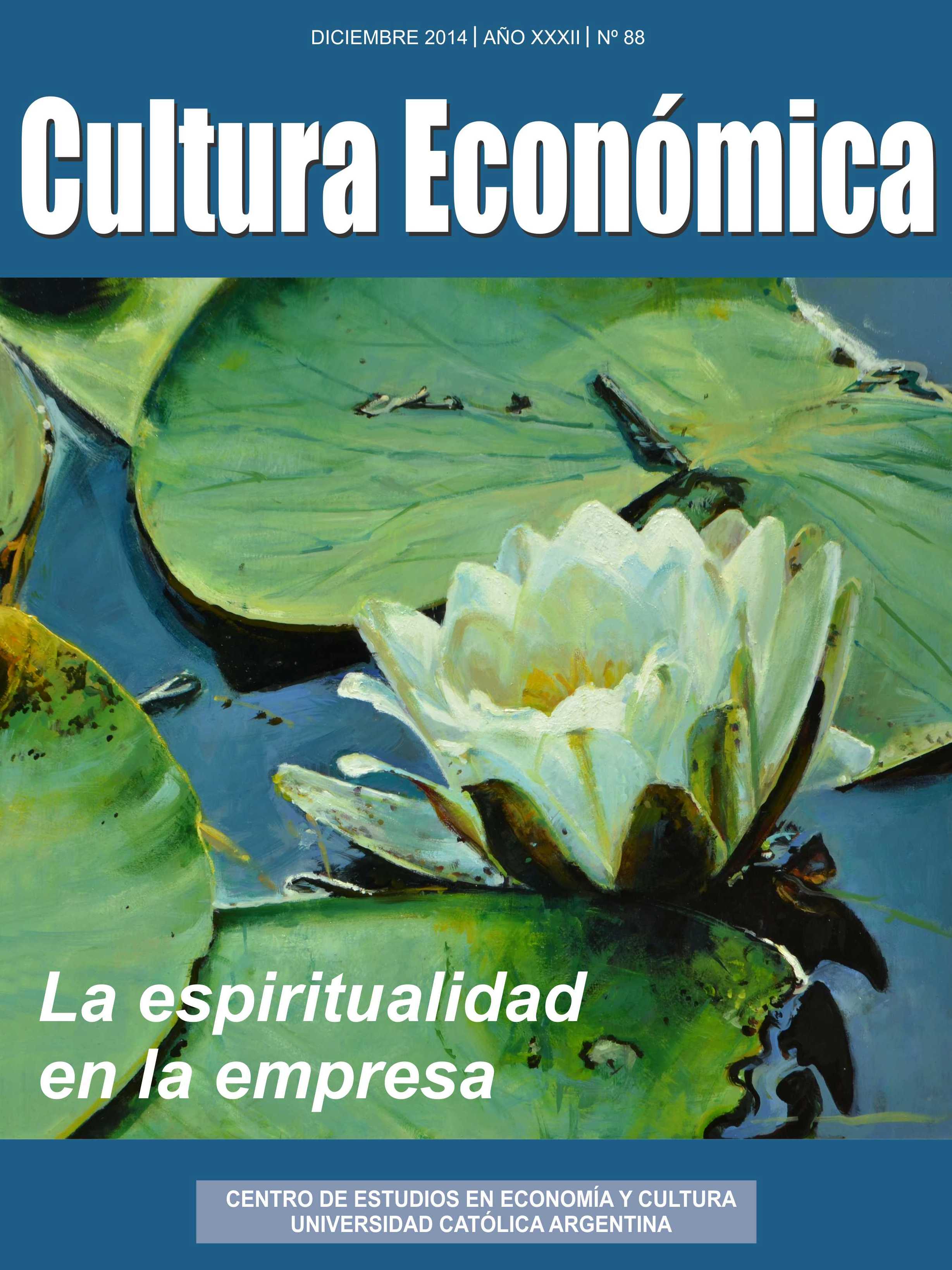Managers’ Self-understanding of Wisdom
Keywords:
WISDOM, MANAGEMENT, SOCIAL PRACTICE WISDOM, LEADERSHIPAbstract
This paper explores the nature of wisdom and provides research insights into how
practical wisdom might be understood and practiced by managers. In the first place, the author
sets out the academic and research context for wisdom and ‘phronetic research’ and then utilizes the methodology of Social Practice Wisdom (SPW) to analyze the survey results of 181 senior executives when they were asked what wisdom meant for them and how wisdom worked in the practice of managerial decision-making.
Downloads
References
Ardelt, M. (2003). “Empirical Assessment of a Three-Dimensional Wisdom Scale”. Research on Aging, 23(3): 275-324.
Ardelt M. (2004). “Wisdom as expert knowledge system: a critical review of a contemporary operationalization of an ancient concept”. Human Development, 47(5): 257- 285.
Bierley, P.E., Kessler, E. H. and Christensen, E. W. (2000). “Organizational learning, knowledge and wisdom”. Journal of Organizational Change Management, 13(6): 595-618.
Columbo, R. J. (2009). “Exposing the myth of homo economicus”. Reseña del libro de Zak, P. (ed.) Moral Markets: the critical role of values in the economy. Harvard Journal of Law & Public Policy, 32(2): 737-765.
Jeste, D. V., Ardelt, M., Blazer, D., Kraemer, H. C., Vaillant, G. and Meeks, T. W. (2010). “Expert Consensus on Characteristics of Wisdom: A Delphi Method Study”. The Gerontologist, 50(5): 668–680.
Eikeland, O. (2008). The Ways of Aristotle: Aristotelian Phronesis, Aristotelian Philosophy of Dialogue, and Action Research. Peter Lang, Bern.
Flybjerg, B., Landman T. and Schram, S. (2012). “Important Next Steps in Phronetic Social Science”. In Flybjerg, B., Landman T. and Schram, S. (eds.) Real Social Science: Applied Phronesis. Cambridge University Press, Cambridge.
Greene, J. A., and Brown, S. C. (2009). “The wisdom development scale: Further validity investigations”. The International Journal of Aging and Human Development, 68(4): 289-320.
Greaves, C. E., Zacher, H., McKenna, B., and Rooney, D. (2013). “Wisdom and narcissism as predictors of transformational leadership”. Leadership & Organization Development Journal.
Ip, P. K., (2009). “Is Confucianism Good for Business Ethics in China?”. Journal of Business Ethics, 88(3): 463–476
Küpers W. and Statler, M. (2008). “Practically wise leadership: toward an integral understanding”. Culture and Organization, 14(4): 379–400.
Küpers W. and Pauleen, D. J. (2013). A handbook of practical wisdom: leadership, organization and integral business practice. Ashgate Publishing Company, Burlington.
Malan, L. C. and Kriger, M. P. (1998). “Making sense of managerial wisdom”, Journal of Management Inquiry, 7(3): 242-251.
McKenna, B., and Rooney, D. (2008). “Wise Leadership and the Capacity for Ontological Acuity”. Management Communication Quarterly, 21(4): 537–46.
McKenna, B., Rooney, D. and Boal, K. (2009). “Wisdom Principles as a Meta- theoretical Basis for Evaluating Leadership”. Leadership Quarterly, 20(2): 177–90.
McKenna, B. and Waddell, N. (2007). “Media-ted Political Oratory following Terrorist Events: International Political Responses to the 2005 London Bombing”. Journal of Language and Politics, 6: 377–399.
Rifkin, J. (2009). The Empathic Civilisation. Polity Press, Cambridge.
Rooney, D., and McKenna, B. (2008). “Wisdom in Public Administration: Looking for a Sociology of Wise Practice”. Public Administration Review, 68(4): 707–19.
Rooney, D., McKenna, B. and Liesch, P. (2010). Wisdom and Management in the Knowledge Economy. Routledge, London.
Rooney, D., Paulsen, N., Callan, V.J., Brabant, M., Gallois C. and Jones E. (2010). “A New Role for Place Identity in Managing Organisational Change”. Management Communication Quarterly, 24(1): 44–73.
Rooney, D. (2013a). “Empirical Wisdom Research: A Community Approach”. In Thompson, M. J. and Bevan, D. (eds.) Wise Management in Organisational Complexity. Palgrave, Basingstoke.
Rooney, D. (2013b). “Being a Wise Organizational Researcher: Ontology, Epistemology and Axiology”. In Küpers W. and Pauleen, D. J., A handbook of practical wisdom: leadership, organization and integral business practice. Ashgate Publishing Company, Burlington.
Staudinger, U. M., Lopez, D. F and Baltes, P.B. (1997). “The Psychometric Location of Wisdom-Related Performance: Intelligence, Personality, and more?” Personal Social Psychology Bulletin, 23: 1200-1214.
Sternberg, R. J. (1998). “A Balance Theory of Wisdom”. Review of General Psychology, 2(4): 247-365.
Thompson, M. J. (2007). “Homo Spiritualis in Business”. In Bouckaert, L. and Zsolnai, L., (eds.) Spirituality as a Public Good. Garant, Antwerp.
Webster, J. D. (2003). “An exploratory analysis of a self-assessed wisdom scale”. Journal of Adult Development, 10(1): 13-22.
Whetstone, T. J. (2002). “Personalism and moral leadership: the servant leader with a transforming vision”, Business Ethics: A European Review, 11(4), October: 385-392.
Yang, S. Y. (2008). “A process view of wisdom”. Journal of Adult Development, 15(2): 62-75.
Yang, S. Y. (2011). “Wisdom displayed through leadership: Exploring leadership-related wisdom”. Leadership Quarterly, 22: 616–632.
Zacher, H., Pearce, L. K., Rooney, D., McKenna, B. (2014). “Leaders’ Personal Wisdom and Leader–Member Exchange Quality: The Role of Individualized Consideration”. Journal of Business Ethics, 121: 171-187.
Downloads
Published
How to Cite
Issue
Section
License













